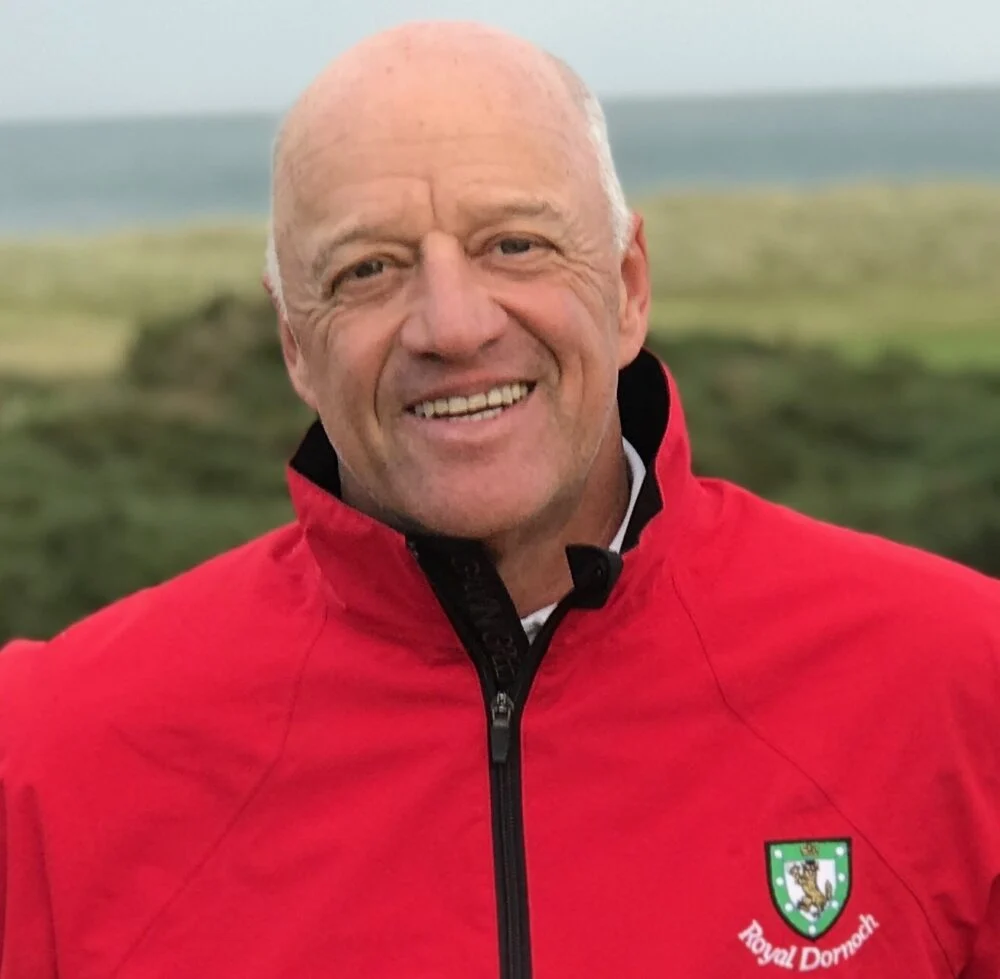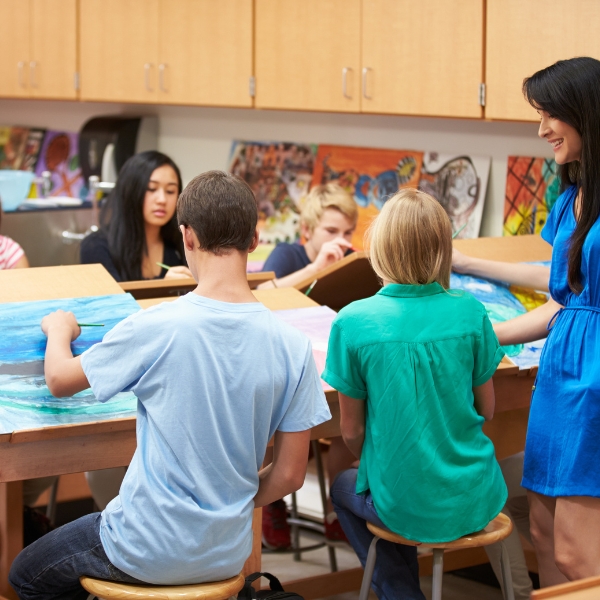The Role of Libraries as Modern Community Hubs
The Role of Libraries as Modern Community Hubs
Introduction to Libraries as Community Hubs
In an increasingly digital world, one might question the relevance of traditional libraries. However, the role of libraries as modern community hubs has never been more vital. These institutions have evolved far beyond their original purpose of lending books; they now serve as vibrant centers of community engagement, education, and technology access. Libraries are not just repositories of knowledge; they are dynamic spaces where individuals can gather, learn, and collaborate. This blog post explores the multifaceted role of libraries in contemporary society, emphasizing their significance as community hubs.
Libraries: A Space for Lifelong Learning
One of the primary functions of libraries today is to facilitate lifelong learning. They offer an array of resources, including workshops, lectures, and courses tailored to diverse interests and age groups. The role of libraries as modern community hubs is evident in their commitment to education, providing access to information that empowers individuals and fosters community growth. Through partnerships with local educational institutions and organizations, libraries have become pivotal in promoting literacy and skill development.
- Workshops on technology skills, such as coding or digital marketing.
- Book clubs that encourage reading and discussion among community members.
- Family literacy programs that cater to both parents and children.
These educational initiatives not only enhance individual knowledge but also strengthen community ties, as residents come together to learn and share experiences. Libraries have embraced the role of facilitators, ensuring that learning opportunities are accessible to everyone, regardless of their background or socioeconomic status.
Technological Access and Digital Literacy
As technology continues to shape our lives, libraries have taken on the crucial responsibility of bridging the digital divide. The role of libraries as modern community hubs includes providing access to computers, high-speed internet, and various digital resources. Many community members rely on libraries for internet access, especially those who may not have the means to afford such services at home. This essential function underscores the library’s commitment to inclusivity and equality in education and information access.
Moreover, libraries offer training sessions on digital literacy, helping patrons navigate the ever-evolving online landscape. Such initiatives are vital for equipping individuals with the skills needed to succeed in a technology-driven society. Through these programs, libraries empower community members to harness the power of technology for personal and professional growth.
Community Engagement and Cultural Preservation
The role of libraries as modern community hubs extends to fostering community engagement and preserving local culture. Libraries often serve as venues for cultural events, art exhibitions, and performances that celebrate local heritage and diversity. By hosting these events, libraries create a sense of belonging and pride within the community, encouraging residents to connect with one another and share their stories.
- Local author readings and book signings to promote regional literature.
- Workshops on traditional crafts and skills to honor local artisans.
- Film screenings and discussion panels that address relevant social issues.
These cultural initiatives not only enrich the community but also position libraries as active participants in the social fabric of their neighborhoods. In this way, libraries transcend their traditional roles, becoming vital centers for cultural exchange and community cohesion.
Safe Spaces for All
In today’s society, libraries provide safe, welcoming environments for individuals from all walks of life. The role of libraries as modern community hubs is evident in their commitment to inclusivity and support for marginalized groups. Libraries often offer dedicated spaces for youth, LGBTQ+ individuals, and other underrepresented communities, ensuring that everyone feels valued and heard.
These safe spaces foster open dialogue and encourage the sharing of diverse perspectives, which is crucial for building understanding and empathy within communities. Libraries often collaborate with community organizations to provide resources and support services tailored to the needs of these groups, further solidifying their role as essential community hubs.
Supporting Local Economies and Job Seekers
Another critical aspect of the role of libraries as modern community hubs is their support for local economies and job seekers. Libraries frequently offer job training programs and career development workshops aimed at helping individuals enhance their employability. In addition to providing access to job search resources, libraries often host career fairs and networking events that connect job seekers with potential employers.
- Resume writing workshops to help individuals craft compelling applications.
- Interview preparation sessions to build confidence and skills.
- Networking events that introduce job seekers to local businesses.
By equipping community members with the tools and resources they need to succeed in the job market, libraries play a vital role in fostering economic development and stability within their communities.
Conclusion: The Future of Libraries as Community Hubs
The role of libraries as modern community hubs is multifaceted, encompassing education, technology access, cultural engagement, and economic support. As society continues to evolve, libraries must adapt to the changing needs of their communities while remaining steadfast in their mission to provide access to information and foster inclusivity. They are not just places to borrow books; they are vibrant spaces that bring people together, encourage lifelong learning, and empower individuals to thrive in an ever-changing world.
By understanding and embracing the diverse roles that libraries play, communities can maximize the benefits these institutions offer. If you’re interested in learning more about how your local library can serve as a community hub, we encourage you to reach out to them today. Explore the programs and services they offer, and discover how you can become involved in this essential part of your community.
Keywords: libraries, community hubs, Long Island libraries, role of libraries, modern libraries, community engagement, educational resources, technology access, cultural programs, library events, public libraries, information literacy, lifelong learning, local history, community support
popular news & articles
Nutrition and Meal Programs Supporting Vulnerable Children Nutrition and meal […]
STEM Education Initiatives on Long Island: Preparing Kids for Tomorrow’s […]
Financial Literacy Programs Preparing Teens for Real-World Success In a […]
The Impact of Rising Property Taxes on Long Island’s Affordable […]
news via inbox
Stay Connected

The Honorable Paul J. Tonna is a distinguished public servant, community advocate, and seasoned leader with a career marked by dedication to environmental sustainability, social equity, and community development. Serving as a Suffolk County Legislator for twelve years, including three years as Presiding Officer, Tonna played a pivotal role in advancing public health, environmental conservation, and workforce housing initiatives… Read More
Learn more about Paul Tonna at his website PaulTonna.com
Related Articles
Paul Tonna serves as Molloy College’s Executive Director for The Energeia Partnership, a leadership academy dedicated to identifying and addressing the serious …
The Honorable Paul Tonna serves as Vice Chairman and Executive Vice President of Corporate Affairs for American Health Group.
Paul Tonna joined the South Huntington Water District as a Commissioner in March, 2006, bringing with him a diverse background including experience in …
Mr. Paul Tonna is a former healthcare executive, elected official, and university adjunct professor. Paul currently serves as executive director of Molloy College’s leadership academy, The Energeia Partnership, Suffolk County…
Paul Tonna, Managing Partner, Fun Facts, Deborah Young, Director of Operations & Finance, Fun Facts, Patricia Miller, Partner, Real Estate Development.
Paul J. Tonna – Public Service Leader and AERTC Advisory Board Member | Championing Sustainable Energy Solutions and Community Development.









